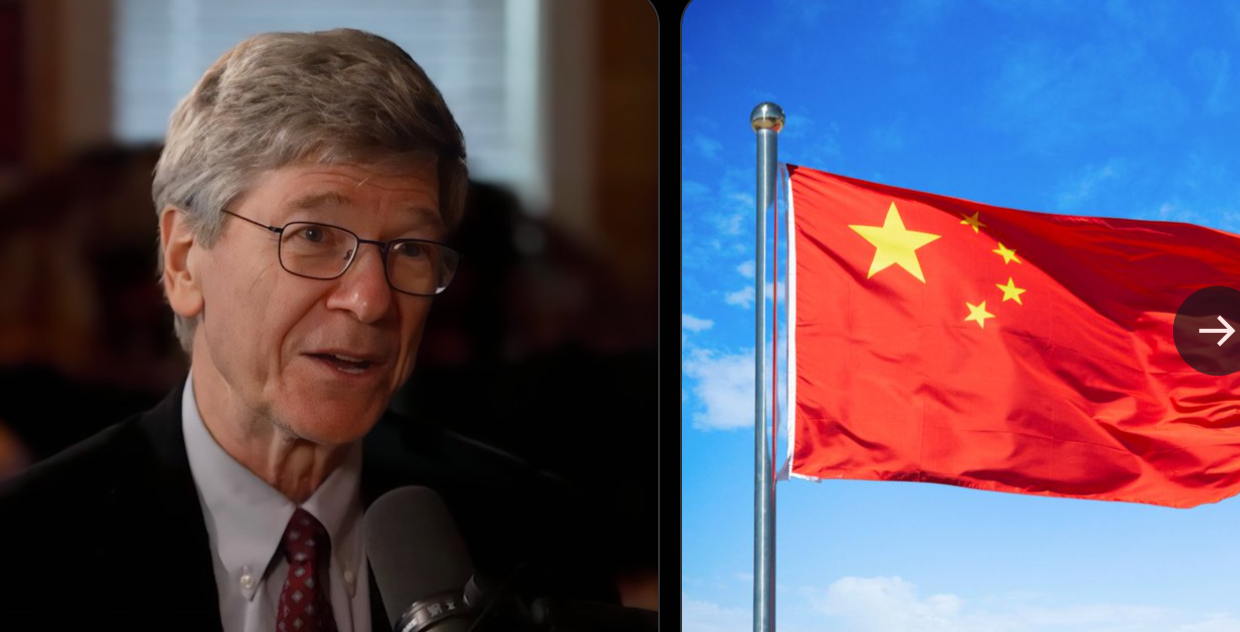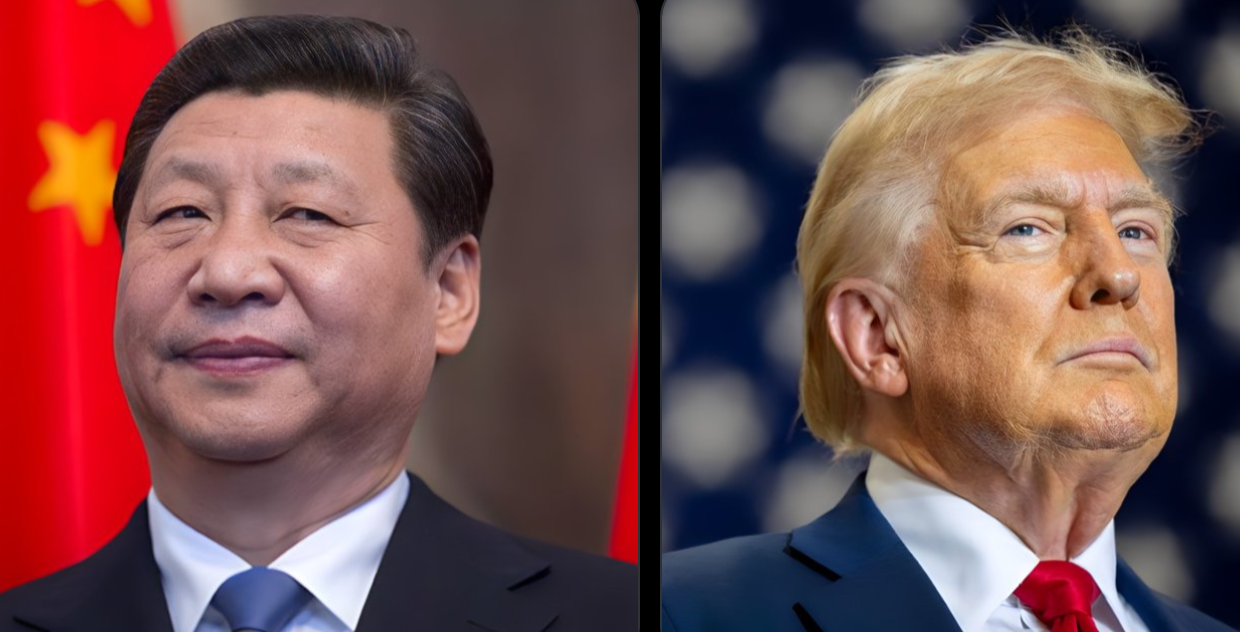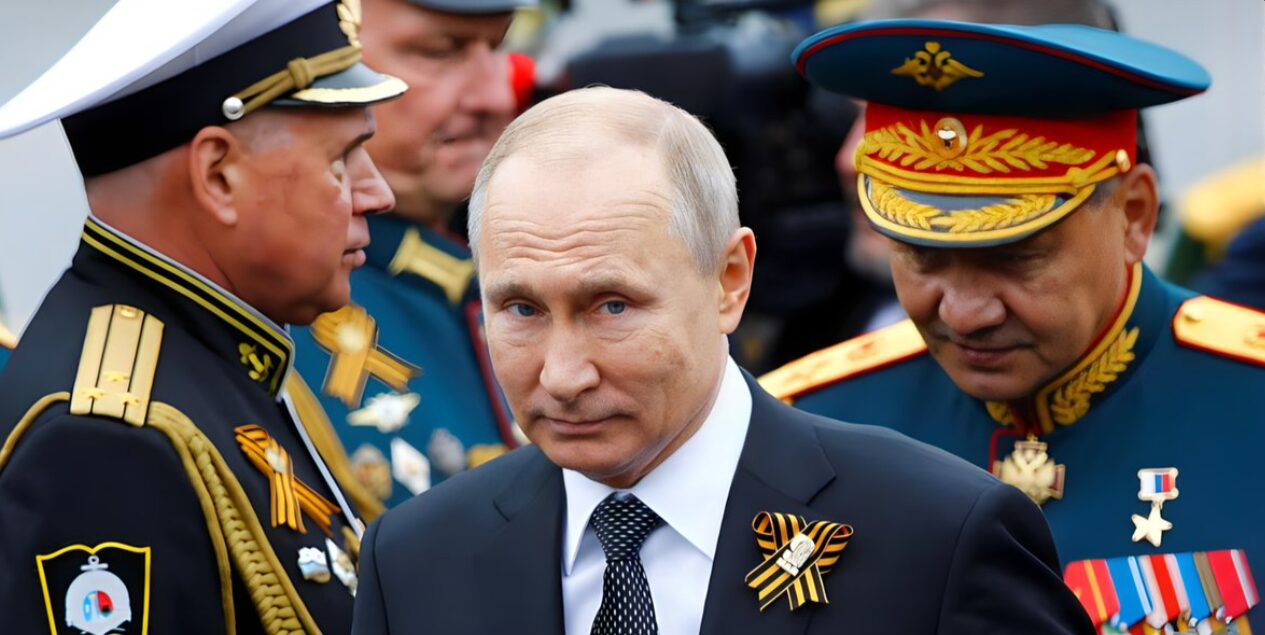Jeffrey Sachs tells Tucker Carlson the US wants “WAR WITH CHINA by 2028.”
In a recent interview with Tucker Carlson, renowned economist and global affairs expert Jeffrey Sachs made a startling claim, stating that the United States is heading toward a potential war with China by 2028. Sachs, a long-time critic of U.S. foreign policy and military interventions, raised alarms about the growing tensions between the two global superpowers, highlighting the risks of escalating conflict. His comments have sparked significant debate among political analysts, policymakers, and international relations experts, with some agreeing with his assessment and others questioning the validity of such an assertion.
In this blog post, we will explore Sachs’ alarming statement, the context behind it, and the broader implications of U.S.-China relations. We will also examine the potential factors that could contribute to heightened tensions and the possibility of war in the coming years.
Jeffrey Sachs’ Warning: U.S. Intentions Toward China
Jeffrey Sachs, a professor at Columbia University and a well-known figure in global economics and international relations, has been outspoken about his concerns regarding U.S. foreign policy. Sachs has often criticized the U.S. for its military interventions and its role in fueling global conflicts. During his conversation with Tucker Carlson, Sachs went even further, claiming that the U.S. is positioning itself for a war with China by the year 2028.
Sachs’ statement is not without merit, as tensions between the U.S. and China have been escalating for several years. The two countries are locked in an economic, technological, and military rivalry that has seen numerous flashpoints, from trade disputes to military confrontations in the South China Sea. Sachs argues that U.S. actions, particularly in terms of military deployments and foreign policy maneuvers, suggest a growing desire to confront China head-on.
Key Factors Driving U.S.-China Tensions
Sachs’ claim is rooted in a series of geopolitical and economic factors that have been shaping U.S.-China relations in recent years. While some of these factors are directly related to actions taken by the U.S., others stem from China’s rise as a global power. Below are some of the key issues contributing to the growing tensions between the two nations:
- Economic Competition and Trade Wars
One of the primary sources of tension between the U.S. and China has been their economic rivalry. The U.S. has accused China of unfair trade practices, including intellectual property theft, currency manipulation, and trade imbalances. Under the Trump administration, the U.S. initiated a trade war with China, imposing tariffs on billions of dollars’ worth of Chinese goods. Despite some agreements and a “phase one” trade deal, underlying economic competition remains a significant source of friction.China, on the other hand, has made strides in becoming a global economic powerhouse, especially in technology, manufacturing, and infrastructure. The rise of China as a dominant economic force has led to fears in the U.S. about its long-term economic stability and global influence.
- Military Confrontations and the South China Sea
Another flashpoint in U.S.-China relations is the ongoing territorial dispute in the South China Sea. China claims sovereignty over a large portion of this region, which is strategically important due to its shipping routes and natural resources. The U.S. has repeatedly challenged China’s claims, conducting “freedom of navigation” operations to assert its right to pass through international waters.The U.S. has also expressed concerns about China’s military buildup in the South China Sea, which includes the construction of military bases on artificial islands. Tensions over Taiwan, another contentious issue, have further raised the stakes. The U.S. has a commitment to defending Taiwan under the Taiwan Relations Act, and any Chinese military action against Taiwan could trigger a major conflict between the two superpowers.
- Technology and Cybersecurity
Technology has become one of the most significant battlegrounds in the U.S.-China rivalry. Both nations are competing for dominance in cutting-edge technologies, including 5G, artificial intelligence, and quantum computing. The U.S. has raised national security concerns about Chinese companies, particularly Huawei, alleging that they could be used for espionage. In response, the U.S. has taken steps to limit China’s access to advanced technology, including imposing export bans and restrictions on Chinese tech companies.Additionally, cybersecurity has become a growing concern, with the U.S. accusing China of engaging in cyber-espionage and theft of sensitive data. These technological and cyber tensions have added another layer of complexity to the U.S.-China relationship.
- China’s Expanding Global Influence
China has been actively expanding its global influence through initiatives like the Belt and Road Initiative (BRI), which seeks to invest in infrastructure projects across the world, particularly in developing nations. The U.S. sees this as an attempt by China to reshape global geopolitics in its favor and reduce U.S. influence. Countries in Asia, Africa, and even Europe have been increasingly drawn to China’s economic power, which poses a challenge to U.S. leadership in global affairs.In response, the U.S. has sought to counterbalance China’s influence by strengthening alliances with countries like India, Japan, and Australia through initiatives such as the Quad, a strategic partnership aimed at countering China’s growing regional dominance.
The Possibility of War: How Likely Is It?
While Sachs’ statement about the U.S. wanting “war with China by 2028” is certainly provocative, it is important to consider the broader context of U.S.-China relations and the potential for conflict. While tensions are high, there are also many factors that make an all-out war between the two nations unlikely:
- Mutually Assured Destruction (MAD)
Both the U.S. and China are nuclear powers, and the concept of mutually assured destruction remains a powerful deterrent to full-scale conflict. A war between the two nations would have catastrophic consequences for both, as well as the rest of the world. This reality, combined with the global economic interdependence between the U.S. and China, makes the prospect of war a highly undesirable outcome. - Diplomacy and Economic Ties
Despite the tensions, both the U.S. and China have strong diplomatic channels and extensive economic ties. China is a major trading partner of the U.S., and the two countries share significant economic interests. Diplomatic efforts, such as trade agreements and dialogues on issues like climate change, help to mitigate the risk of a direct confrontation. Additionally, many in both governments recognize the need for cooperation in addressing global challenges, such as pandemics, economic instability, and terrorism. - Regional Stability and Proxy Conflicts
While a direct war between the U.S. and China may be unlikely, regional conflicts in areas like Taiwan, the South China Sea, or even cyber warfare could escalate tensions and lead to indirect confrontations. These “proxy” conflicts, where the U.S. and China support opposing sides or engage in covert actions, are a more probable scenario. Sachs’ warning may be more about the risk of escalation in these regions rather than a direct war between the two superpowers.
Conclusion
Jeffrey Sachs’ assertion that the U.S. is heading toward a potential war with China by 2028 is a provocative statement that highlights the growing geopolitical rivalry between the two nations. While there are significant tensions in areas such as trade, military influence, technology, and regional power struggles, a full-scale war remains unlikely due to the devastating consequences it would have for both countries and the world. However, as Sachs points out, the risk of conflict—whether through proxy wars, escalating military confrontations, or cyberattacks—remains a real concern, and the coming years will be crucial in determining the future trajectory of U.S.-China relations.
As global powers, both the U.S. and China must carefully navigate their differences and seek diplomatic solutions to avoid a catastrophic escalation of tensions. Sachs’ warning serves as a reminder of the fragile nature of international relations and the need for cautious diplomacy in an increasingly multipolar world.

















Post Comment